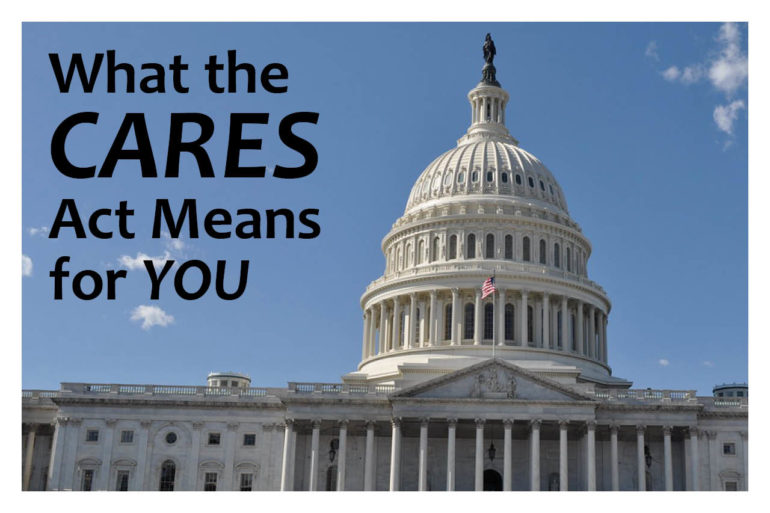Understanding the tax provisions in the new Coronavirus Aid, Relief and Economic Security Act
Despite the challenges we are all facing, we are inspired by the generosity of our donors and the work that our nonprofit partners are doing. Thank you for your continued support to the Community Foundation of Howard County.
We seek to be a resource and friend during this period. We all feel an understandable tension, as the financial stress impacting portfolios and uncertainty around the quarantine is occurring at the same moment when the needs of our community are most urgent. Additionally, we hope to offer relevant information and perspectives when possible that can aid our donors in pursuing their philanthropic goals. We know you give because you see the need, but we still want you to know how you might be able to see additional tax advantages through your philanthropy.
The recent passage of the Coronavirus Aid, Relief, and Economic Security Act (“CARES Act”) is poised to impact nonprofit organizations through a variety of new tax provisions and government programs.
The CARES Act establishes several new tax provisions that increase the tax benefits available for charitable giving—including a new tax benefit for charitable giving available to the millions of taxpayers that take the standard deduction.
The Act allows taxpayers to take an above-the-line deduction for charitable cash contributions up to $300 for the 2020 tax year. This deduction is available for taxpayers who do not itemize their deductions, and will apply to all years moving forward.
For taxpayers who itemize deductions, the CARES Act increases the charitable deduction amount for cash contributions to public charities. For individuals, the amount has been increased from 60% to 100% of adjusted gross income, and for corporations, from 10% to 25% of taxable income. It is important to note that this provision applies to cash contributions made to public charities, and will not apply to contributions made to private foundations or donor advised funds.
Above the deductibility cap of 100% of AGI for individuals, additional contributions may be carried forward and deducted over the next five years. The same carryover period will apply to corporations exceeding their cap of 25% of taxable income. (Note that each partner or shareholder in a partnership or S Corporation must make carryover elections separately.)
We hope this summary of the CARES Act’s key provisions is helpful, and that it can serve as a starting point for conversations about how we can help continue to improve the life of Howard County as we move forward.

